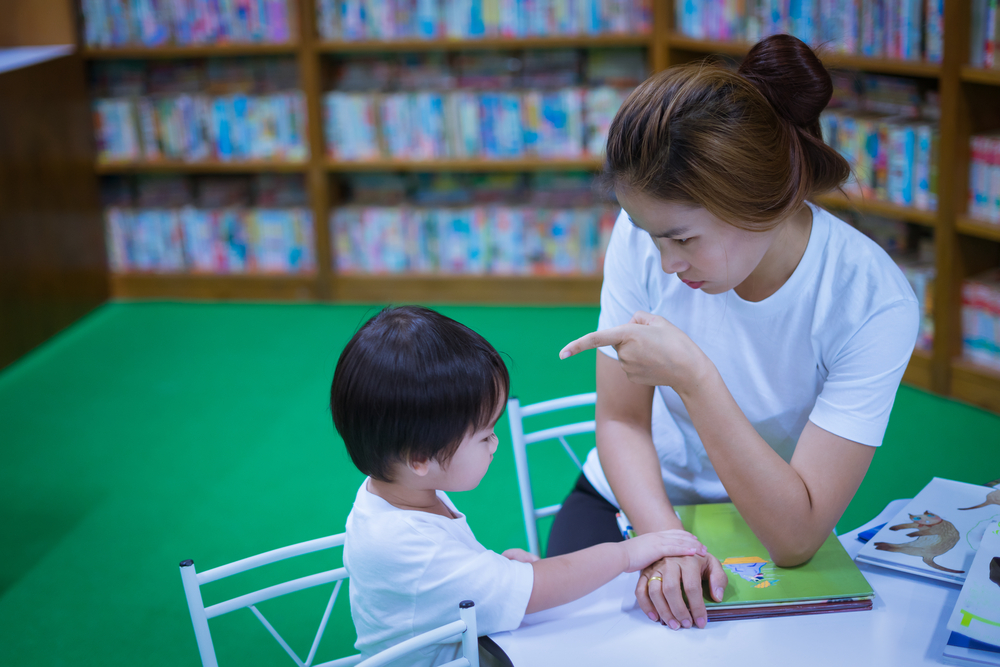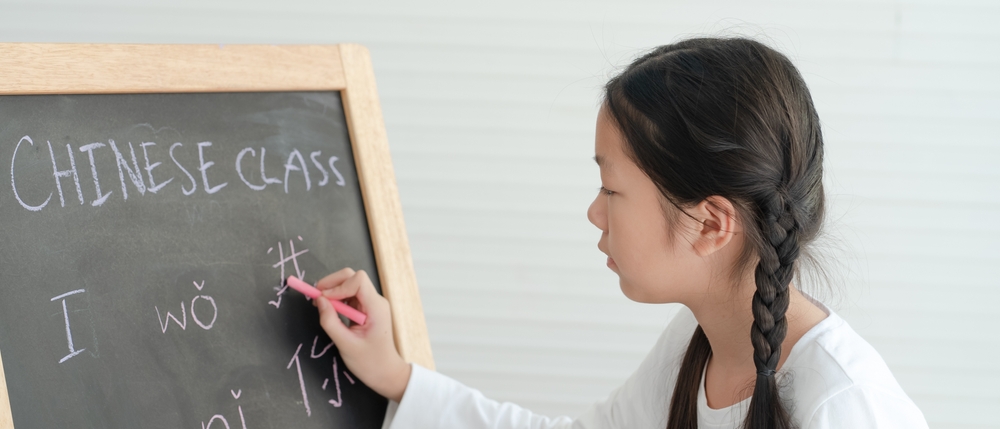
Written by: Ms. Ng Yee Kam, Founder and CEO of Family Dynamics
Marriage and Family Therapist
Child Play Therapist
Many parents complain that as their children grow older, they become less willing to talk to their parents, and the relationship becomes more distant and indifferent. Parents begin to not know what is on their children’s minds, what their school life is like, and what their friends are like. As far as the eye can see, it’s all gaming, watching TV, surfing the internet, WhatsApp, WeChat, and Instagram! Parents inevitably develop a sense of unease, because it feels like they have lost connection with their beloved children. The more uneasy parents become, the more they want to pull their children back. But the methods they use are often questioning, regulating, criticizing, and blaming, showing a lack of understanding and trust towards their children’s behavior. From the children’s perspective, the parents’ “concern” and “care” feel like control and unreasonableness. As a result, the more the parents want to get closer to their children, the more the children want to avoid their parents! This chasing creates a tense and awkward parent-child relationship, which is truly a pity!
Whether it’s the evolution of society or the nurturing of the next generation, the role of parents is the most important. Parents have multiple responsibilities: care, provision, guidance, and demonstration. The best way to connect the relationship between parents and children and create positive interactions is the way parents convey love and care, which can make children truly feel it. Sometimes parents may be surprised and ask, “Isn’t this how I show concern? How could he not feel it?” In fact, each child’s needs may be different, and the way they crave care may also be different. If parents do not approach it from the child’s perspective, but only selfishly use their own perspective to understand and the methods they are used to in showing care, even if parents “circle around” the child, the same result may occur: one chases, one walks!

For children to truly feel their parents’ love and care, the key lies in whether the parents’ focus is on the children themselves, or only on the children’s performance. If the parents’ care is focused on the child, the child will definitely feel it, and they will respond in a positive way. If the parents’ concern is only about the child’s performance, the child will eventually become alienated from the parents, and may even shut them out.
If we compare the following examples of what parents say to their children, we can see the difference between “caring for the child” and “caring for the child’s performance”:
When parents come home from work and ask their children:
A “Did you have a happy day at school today?”
B “Did you finish your homework today?”
When the child gets a 65 on a test, the parents say:
A “Are you feeling disappointed with this score? Perhaps you feel unhappy, you can share your feelings with me!”
B “You’ve been lazy and unfocused, how can you get good grades like this? If you don’t work harder, you’ll fail again next time, and might even have to repeat the grade!”
In the busy pace of life, it is not easy to establish a good parent-child relationship! Establishing positive interactions and connections with your children is the only way to provide them with continuous encouragement and support as they grow up. If you’re not careful and choose the wrong way of expressing yourself, even though the parents may have a lot of love in their hearts, the children may not accept it!


